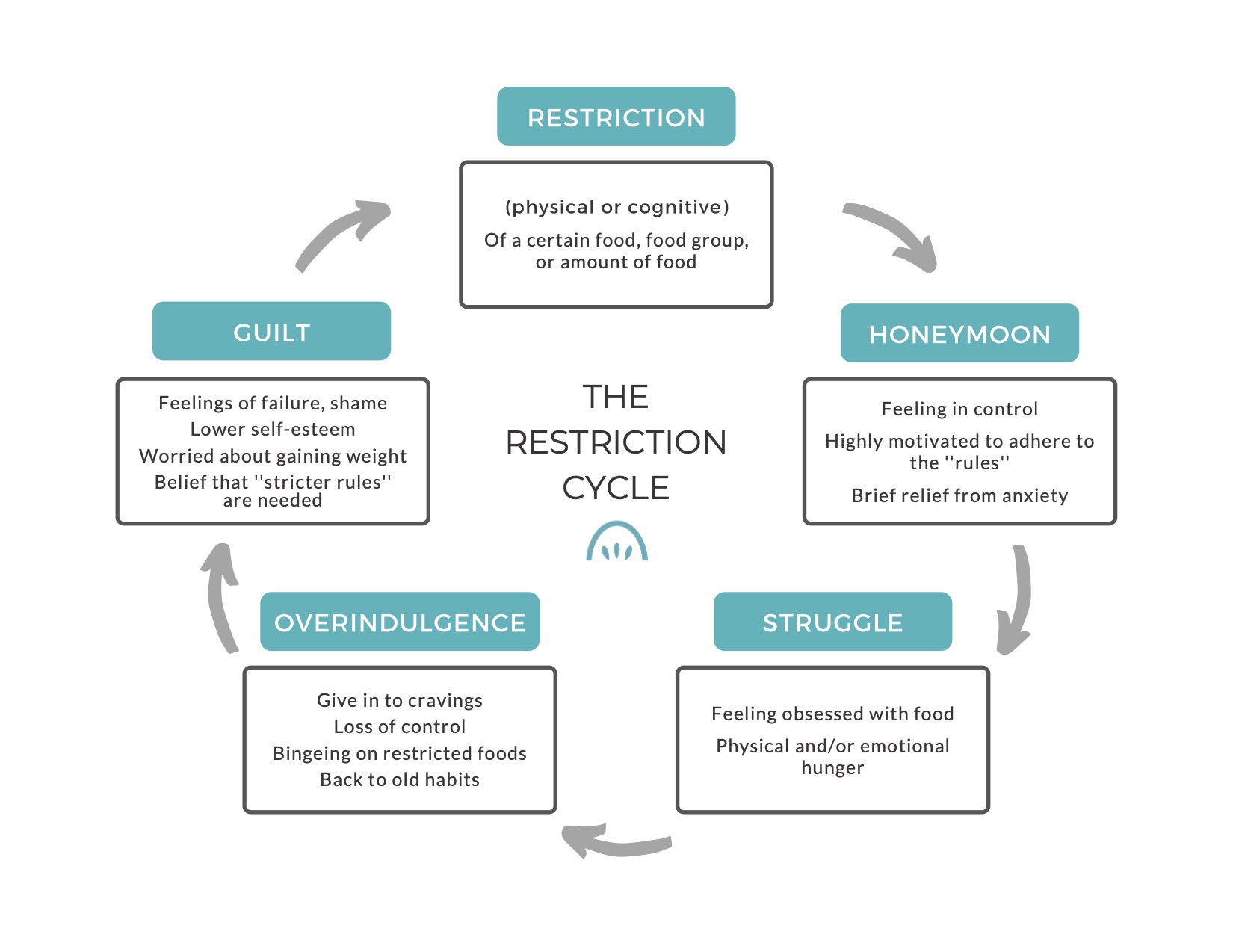
Finding a healthy relationship with food is an important goal for many people. If you identify with this struggle and want to change your approach to eating, here are some tips to help you.
1. Avoid Demonizing Foods
All foods have their place in a balanced diet. Instead of categorizing them as "good" or "bad," it's better to find a balance and consume less nutritious foods in moderation. Enjoying these foods in reasonable portions and frequency allows you to indulge without excessive guilt. The definition of a reasonable portion varies based on individual needs and preferences.
2. Avoid an All-or-Nothing Approach
It's better to allow yourself small food pleasures regularly rather than restricting yourself for a long period and eventually giving in to overconsumption. By permitting small portions of your favorite foods on a regular basis, you avoid feelings of deprivation and frustration. You'll also feel more satisfied and less likely to succumb to uncontrollable cravings. Learn to savour each bite and appreciate the present moment.
The reasonable portion is the one that satisfies your current hunger and doesn't leave you feeling guilty afterward. The adequate frequency is the one that doesn't make you feel restricted, constantly think about it, or have the urge to devour the desired food within seconds. It's the frequency that allows you to find your balance.
3. Adopt a Positive Attitude
When eating your favorite foods, adopt a positive attitude and let go of negative thoughts of guilt or restriction. Focus on the pleasure that comes from tasting these foods and savour each bite. By being fully present and enjoying each moment, you'll feel more satisfied and less inclined to rush through your consumption.
4. Take the Time to Eat
Give yourself the necessary time to enjoy your meals and snacks. Eating slowly allows you to better sense feelings of fullness and recognize when you've had enough. By taking the time to savour each bite, you'll become more mindful of your food choices and your feelings of hunger and satiety. This will help you stop eating when you're satisfied, rather than continuing out of habit or excess.
By following these tips, you can begin to develop a healthier relationship with food. Remember that everyone is different, and it's important to find an approach that works for you. If you have specific concerns or questions, don't hesitate to consult a healthcare professional, such as a nutritionist, who can guide and support you in your journey.






